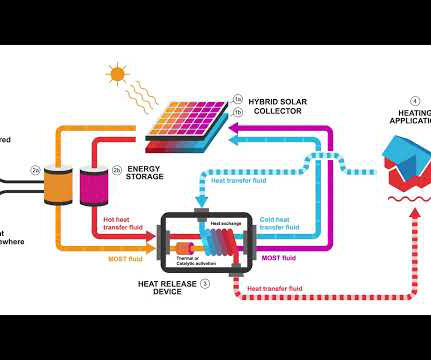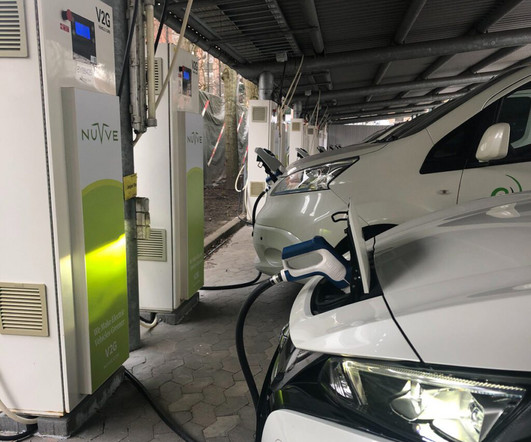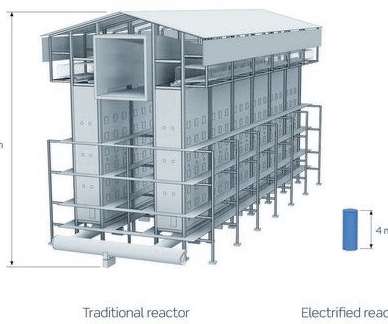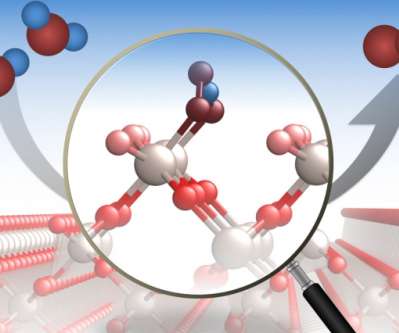Shipping industry companies launch new zero-carbon shipping research center
Green Car Congress
JUNE 26, 2020
A group of leading shipping industry companies are taking the next step to develop new fuel types and technologies by launching the Mærsk Mc-Kinney Møller Center for Zero Carbon Shipping. The center, which will be based in Copenhagen, Denmark, is made possible by a start-up donation of DKK 400 million (US$60 million) by the A.P.



























Let's personalize your content